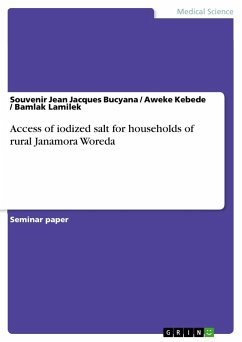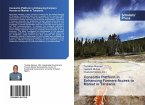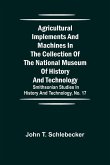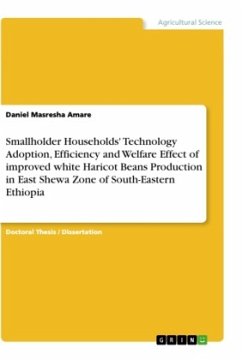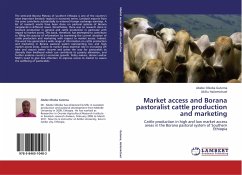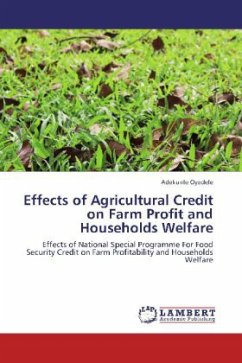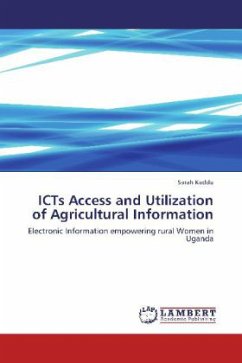Adoption and diffusion of agricultural innovations are essential to technological change, agricultural growth and poverty reduction in the developing countries. However, the low rates of technology adoption by smallholder farmers in the Sub-Saharan Africa (SSA) is worrisome. The technology considered in the study is New Rice for Africa (NERICA, reputed to be a major breakthrough in agricultural research in the Sub-Saharan Africa region (SSA). The present study employed state of the art econometric procedures to provide answers on reasons why the rates of technology adoption by smallholder producers have been very slow. On the other hand, competitive production and market orientation are essential in transforming the SSA's traditional agriculture into a more productive sector in order to achieve the multifaceted roles of accelerating GDP growth, reducing poverty and narrowing rural-urban income disparities ascribed to agricultural growth by the development economists in the contemporary times. Therefore, the study also examined determinants and impact of market participation and smallholder rice producers in Nigeria.
Bitte wählen Sie Ihr Anliegen aus.
Rechnungen
Retourenschein anfordern
Bestellstatus
Storno


